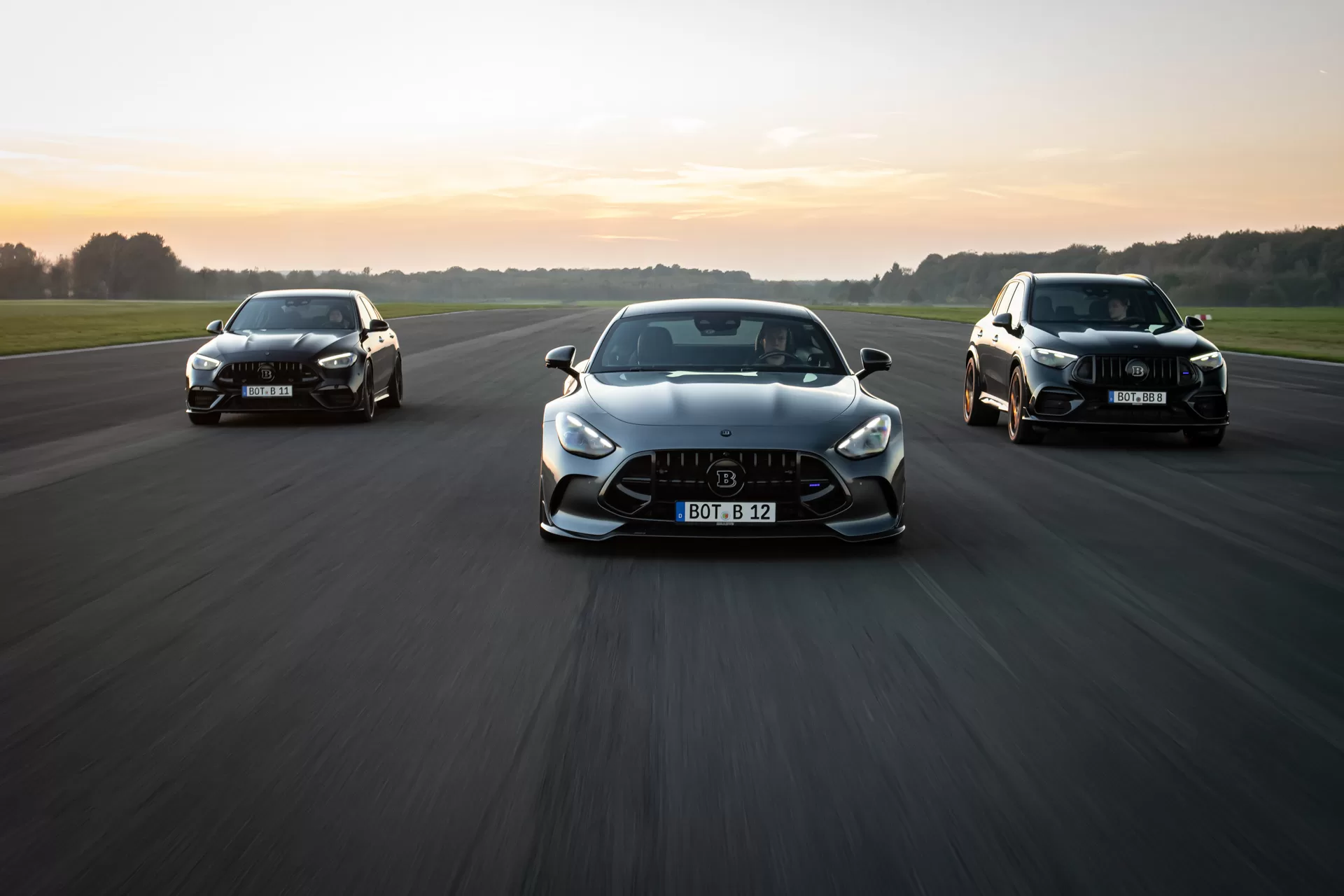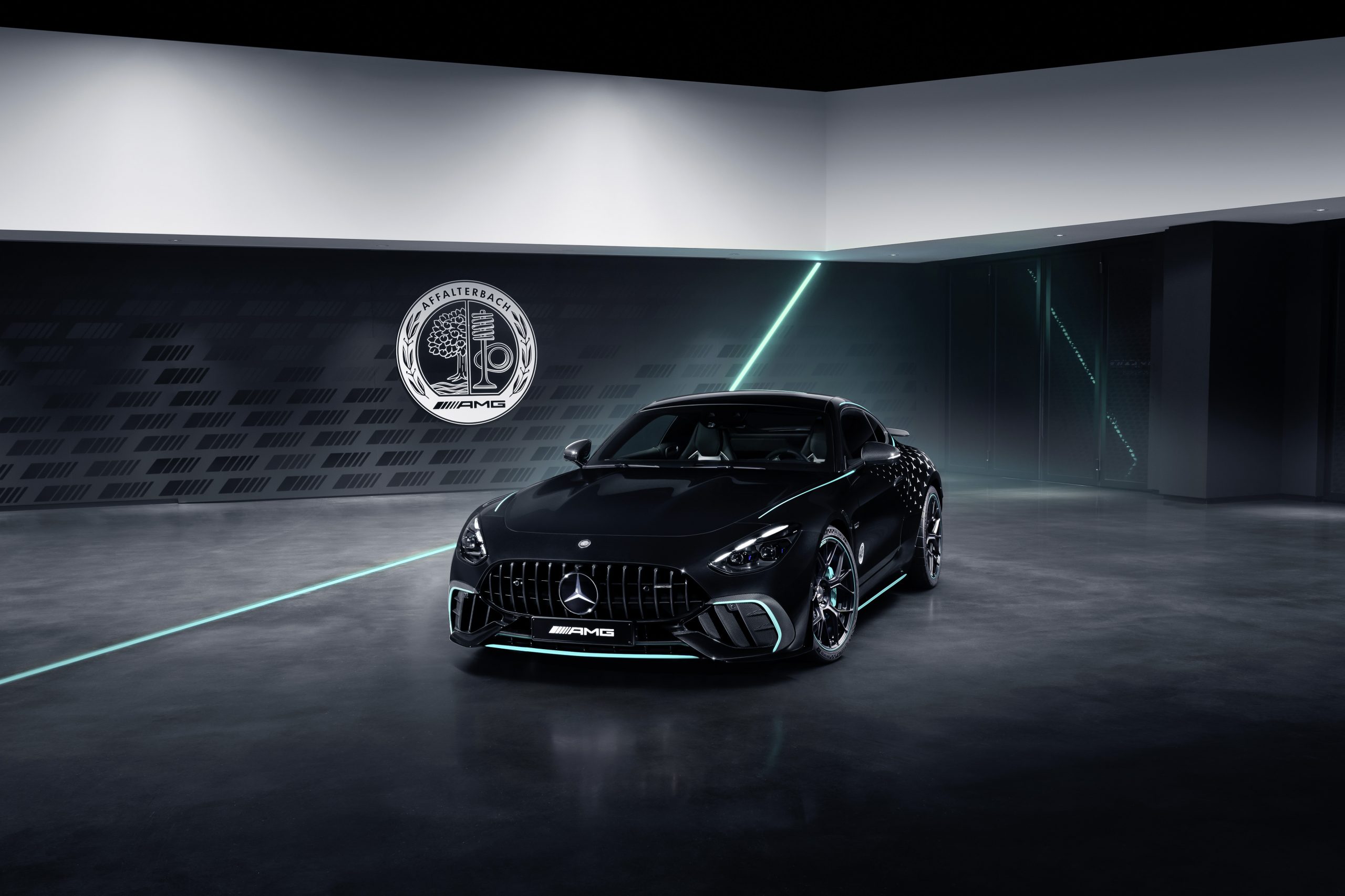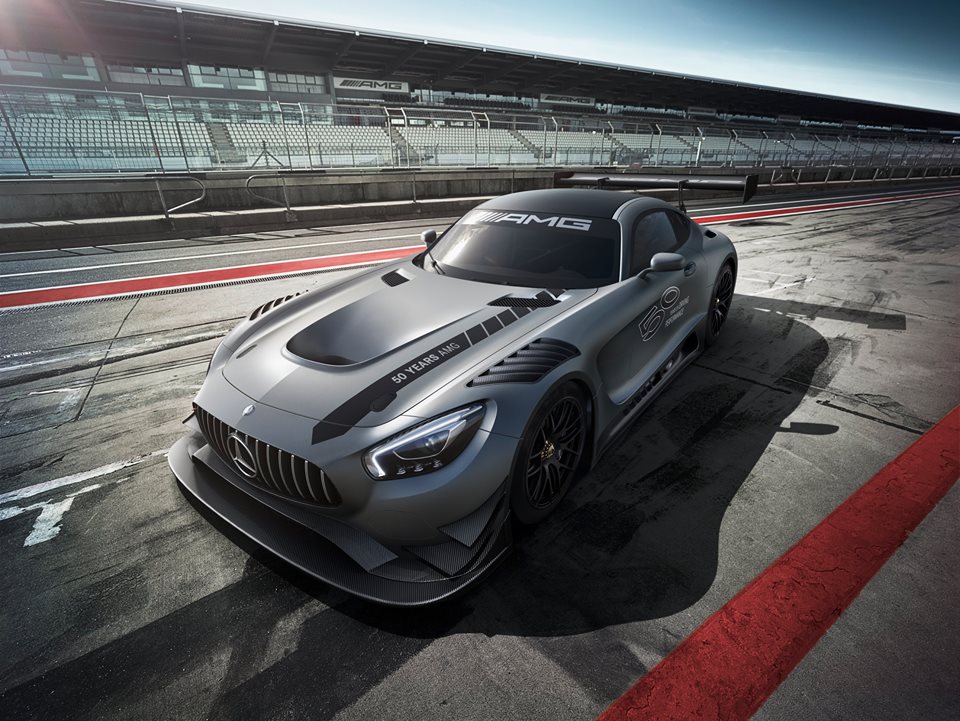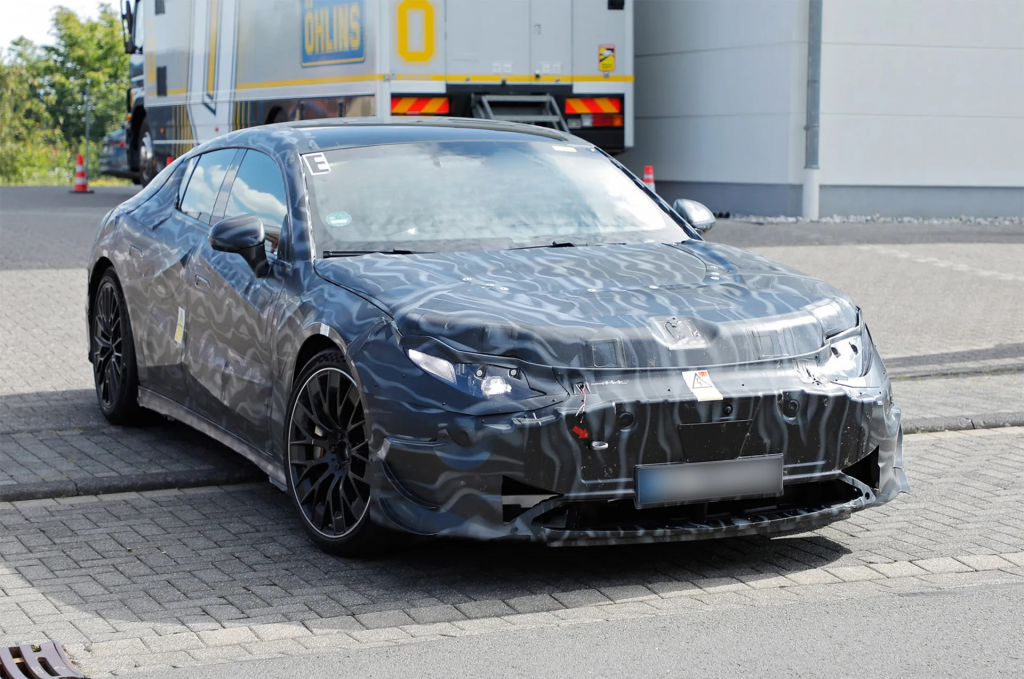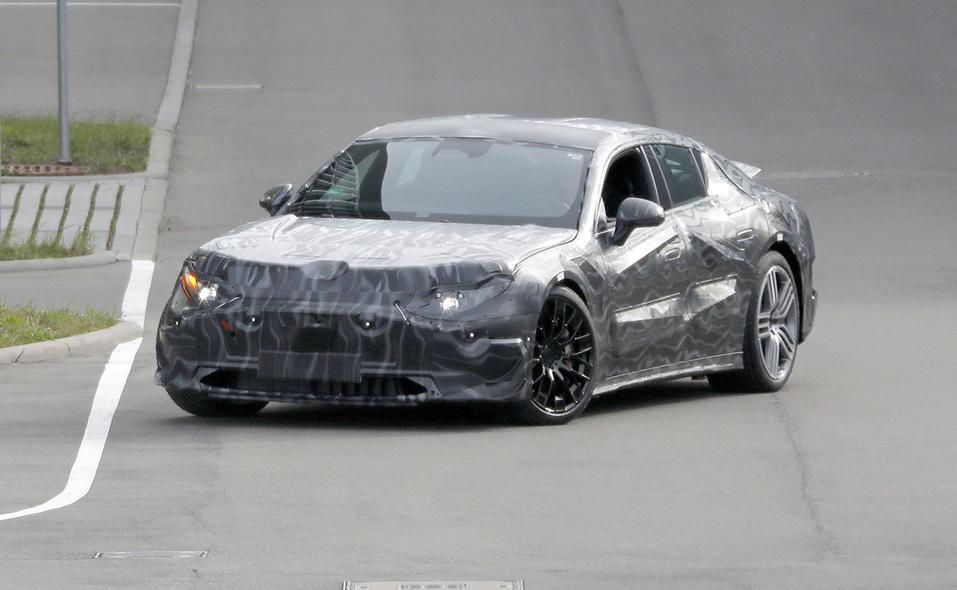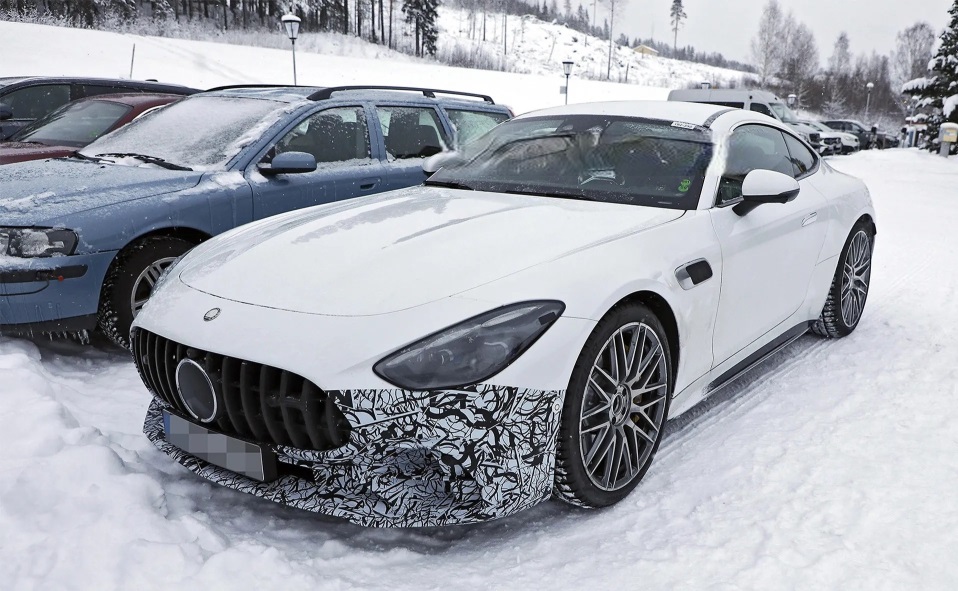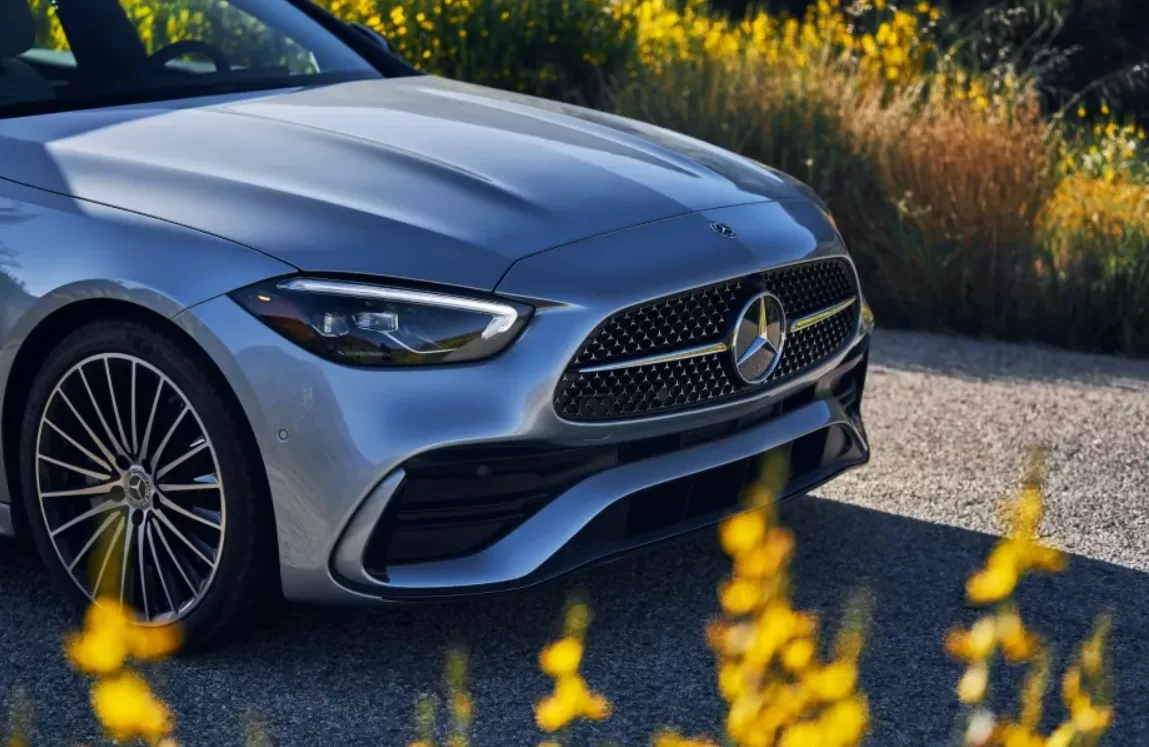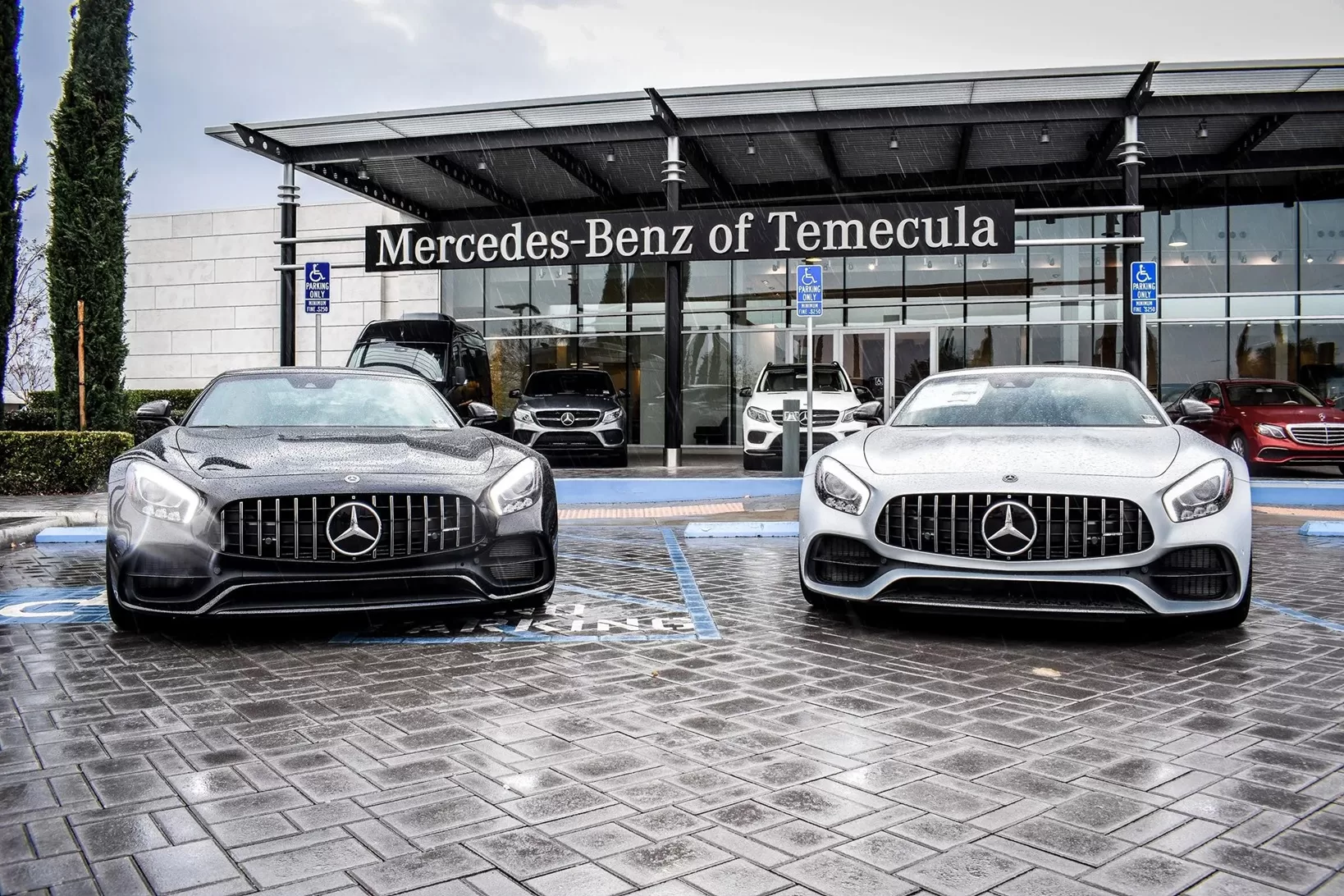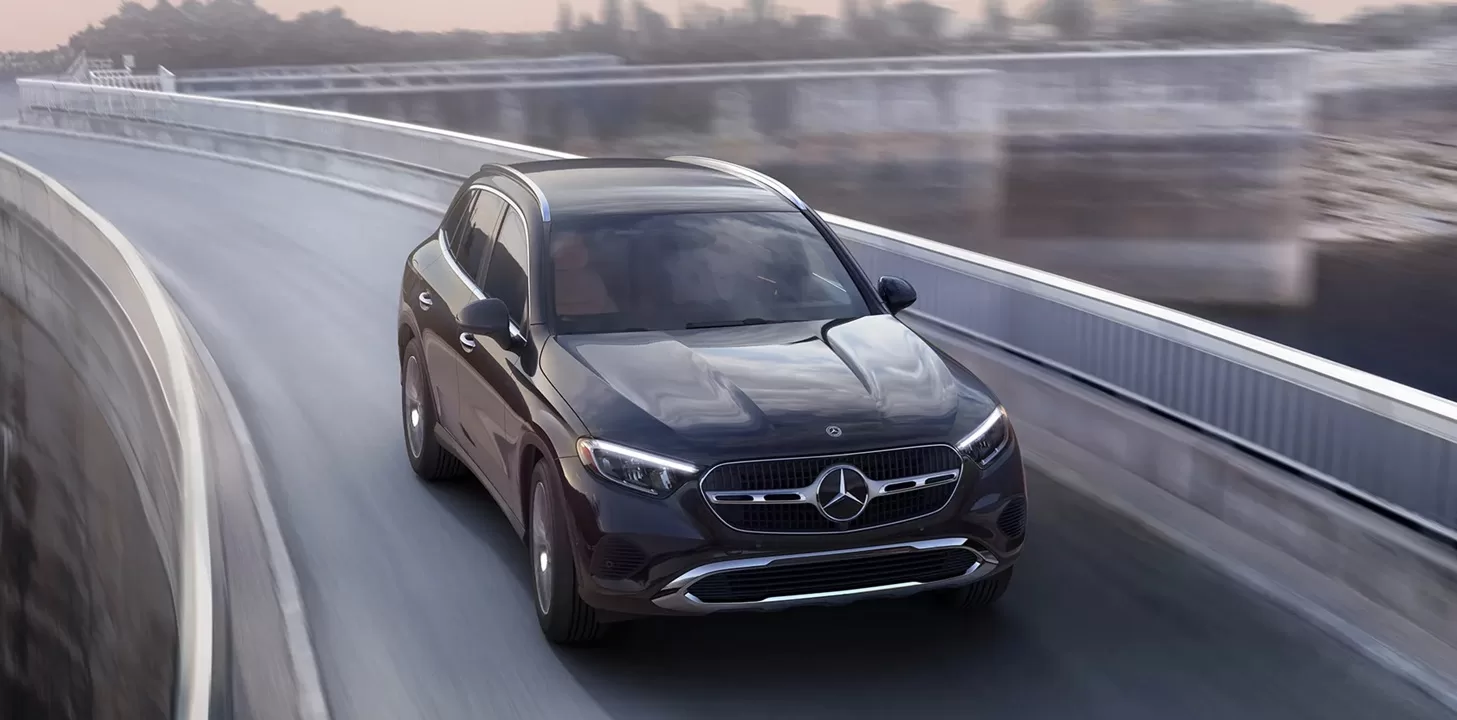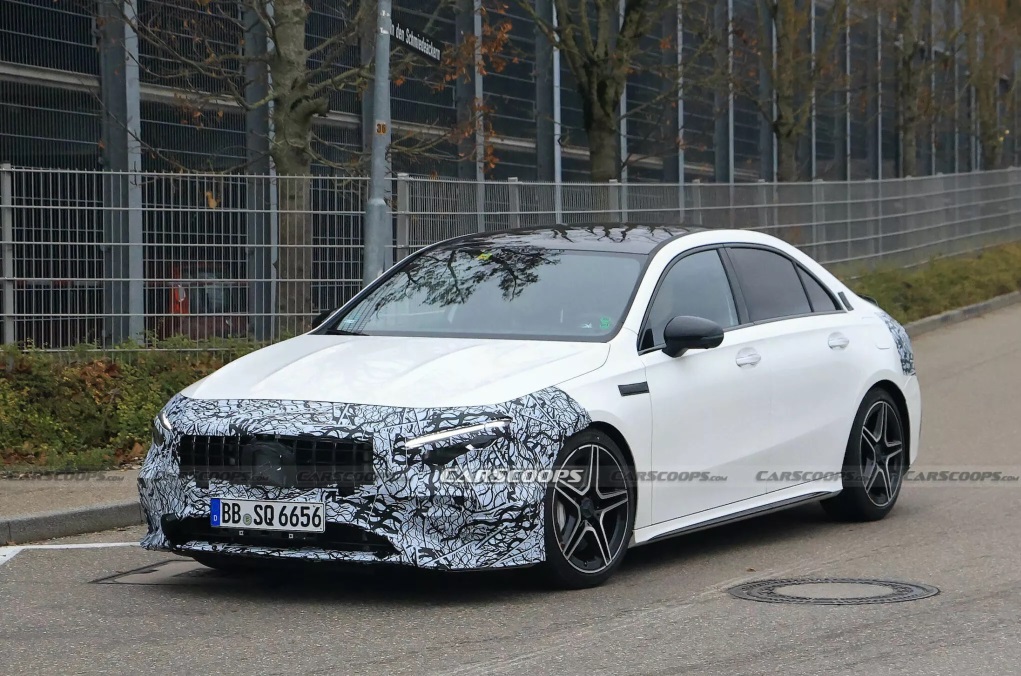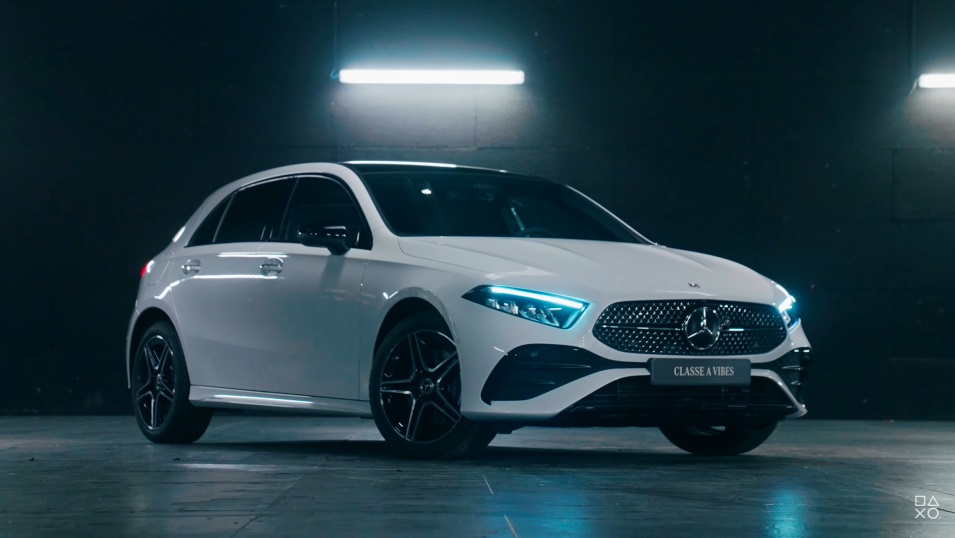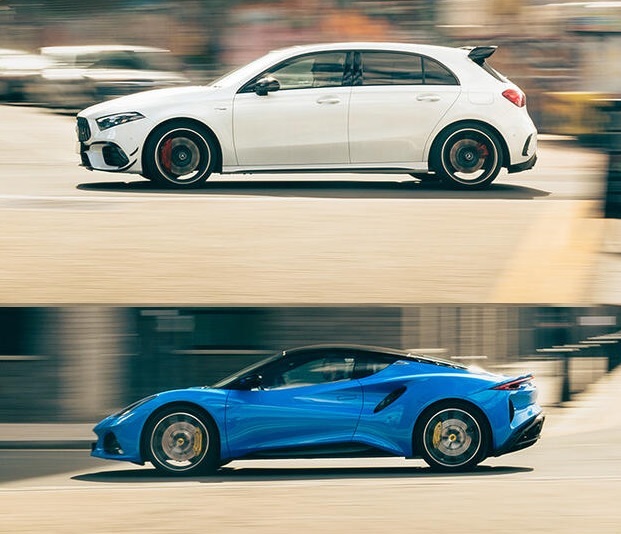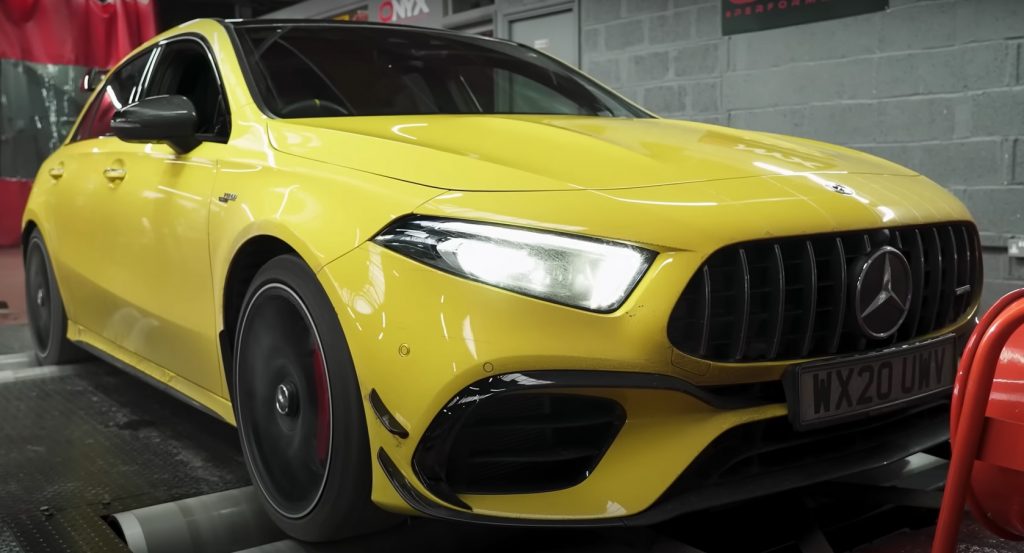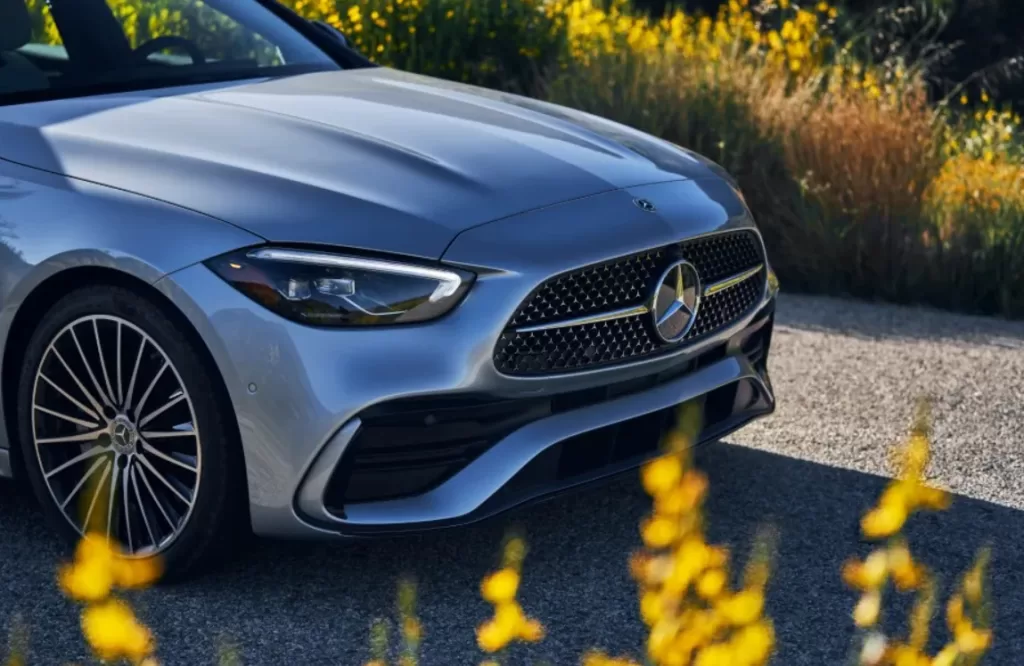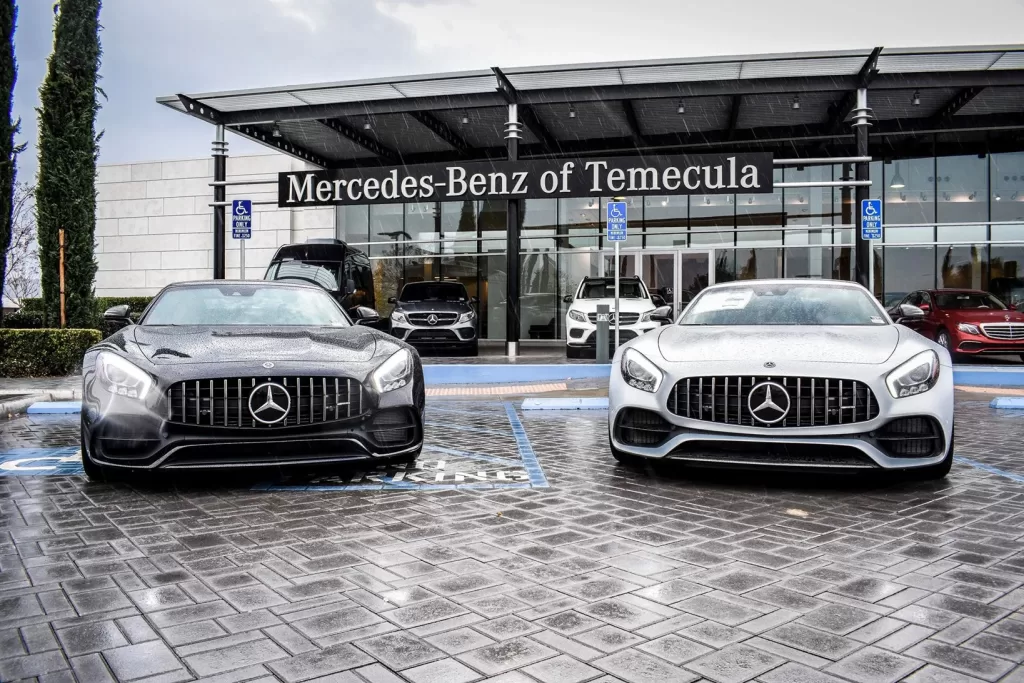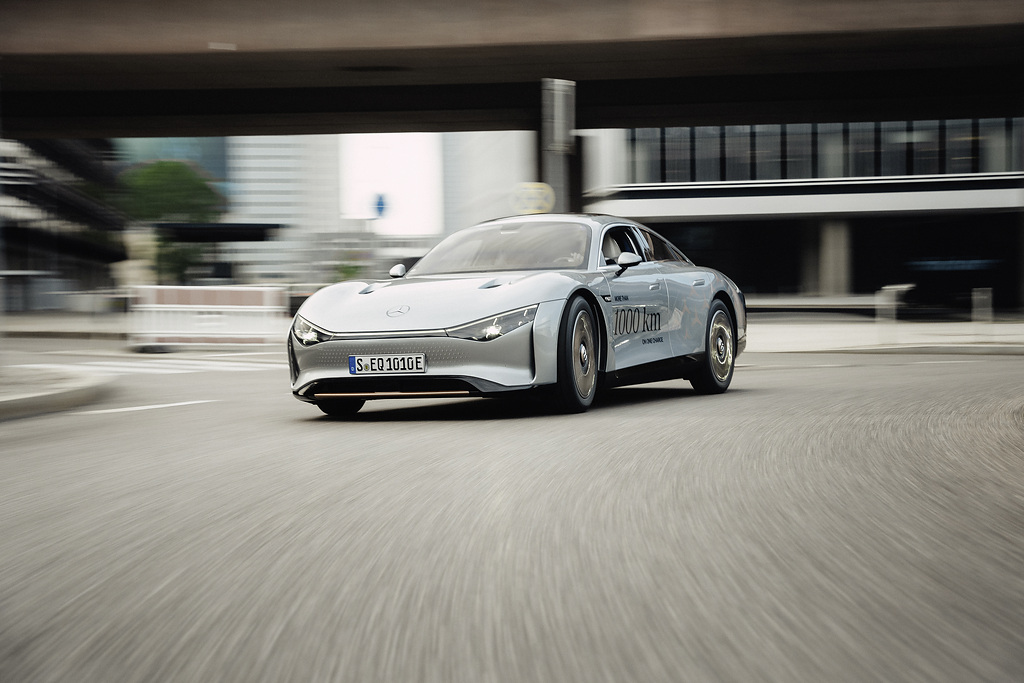
Would you believe that the United Kingdom announced that no cars with internal combustion engines will be sold from 2030 onwards? Fact. It’s for this reason why Mercedes-Benz is ramping up its EV game by introducing electrified versions of all its core models.
This dramatic proposal is sending shockwaves through the traditional automobile industry that generally relies on gas-guzzling, internal combustion engines. And don’t think that hybrid vehicles have a free pass. In the UK, there’s a proposal to ban these vehicles by 2035. In its ambitious pursuit of zero carbon emissions within the next three decades, the UK is well ahead of the game. Incidentally, US president Joe Biden has also thrown his weight behind this proposal. With this, Mercedes might further streamline its range down to include only the EQA, EQB, EQC, EQE, EQS, EQT and the upcoming EQG.
Country by country, the death knell has sounded for the internal combustion engine. With soaring fuel prices, and tough economic times ahead, a switch to electric vehicles is a long-term investment. Yet, many luxury car manufacturers such as McLaren, Aston Martin, Bentley, Rolls-Royce have yet to make that transition to the EV niche. For now, hybrids have gained favor as the flavor of the day. It’s this step-by-step transition, shifting expectations one step at a time that we are witnessing right now.
The world’s richest man – Tesla CEO – Elon Musk has popularized EVs as the must-have vehicle of the present and the future. Mega growth in the share price of Tesla (barring stock market fluctuations) is a testament to that. Even GM – a traditional internal combustion hog, announced a switch from combustion engines to hybrids. It has committed itself to a 2035 deadline – not through government constraints, but of its own volition. Germany itself – home to Mercedes-Benz and BMW – is considering proposals for the big switchover to EV.
It’s Not Just Cars – It’s Everything!
In one lifetime, many of us have witnessed unprecedented change, the likes of which we never thought possible. Consider the following dramatic advancements that have taken place since the 1990s:
- In-person shopping to online shopping
- Betamax and VHS video – then DVD – now online streaming and downloads
- Land-based casinos – online casinos – live casinos – mobile casinos
- The traditional rotary payphone – home phone – cordless phone – cellular phone
- ZipZag machines for credit cards – payment terminals – mobile payment terminals – digital payment terminals
Of course, there are hundreds of examples we can cite where technology, innovation, and advancements have catapulted us into the future. Think of digital transcription services, artificial intelligence systems, voice recognition tech, biometric security, blockchain technology, and you get fragments of a much bigger picture taking shape before our eyes. The entertainment arena is in lockstep with these technological advancements. Software developers no longer need to create physical games for delivery to land-based establishments – online gaming is all the rage with real players on virtual platforms.
Think of the stellar variety of Pragmatic Play casino games that are now readily available to legal-age players. Titles like Mighty Kong, Vegas Knights, Mustang Gold, Spartan King, and Santa slot resonate with fans worldwide. And it’s thanks to iGaming technology that all this is showcased in grand style in demo mode and real money mode too. Global events notwithstanding, the entire workforce now operates on a multi-level playing field where virtual communications and in-person interactions combine in a hybrid-style fashion.
We no longer conduct business on a single track. The multi-level arena is designed to optimize efficiency, minimize costs, and tap into a global supply of resources. Our limited focus is gone. Workplaces are no longer restricted by local populations, and vice versa. We can compete on the grand stage where opportunities and challenges confront us head-on. A special synergy is developing between technological advancement on the one hand, and life balance on the other. We may well be traveling less to get to work, but new demands exist in the virtual workforce, and all its attendant physiological and psychological challenges.

